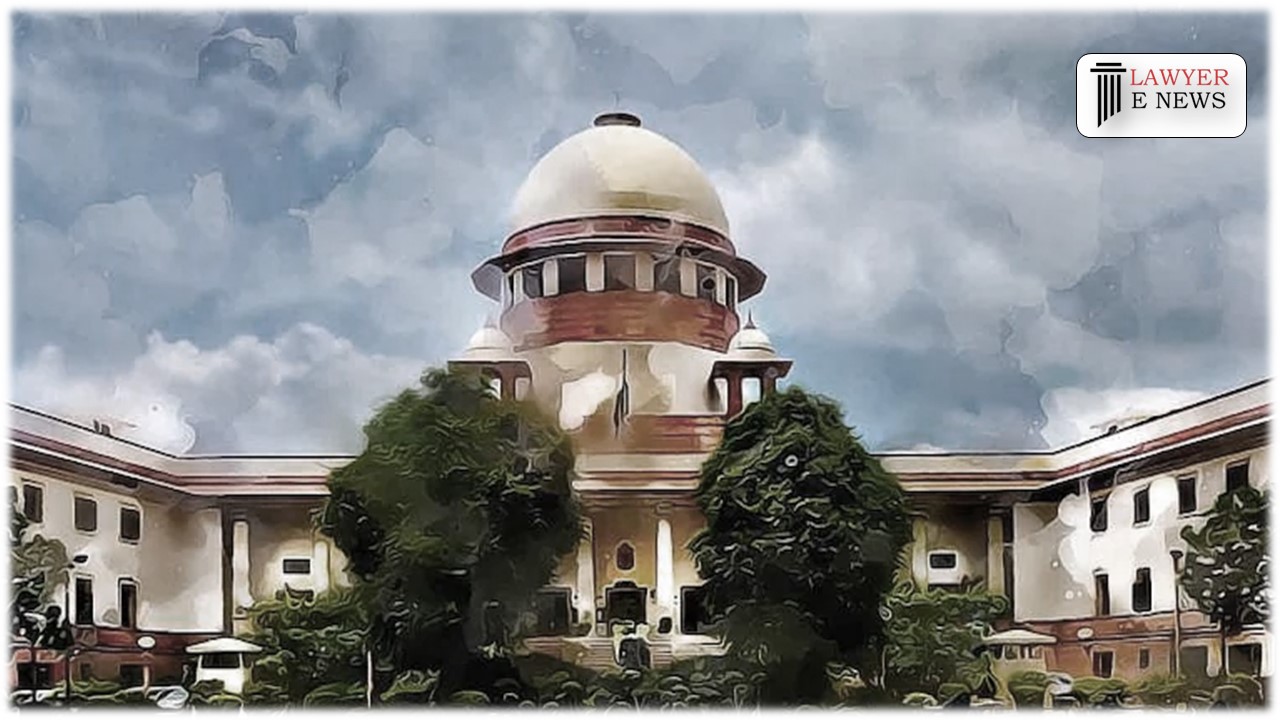-
by sayum
19 February 2026 7:24 AM



New Delhi, May 10, 2023: In a significant decision, the Supreme Court of India has set aside the judgment of the High Court in a case related to the implementation of the rotation policy for Panchayat elections in the State of Maharashtra. The apex court ruled that the High Court's examination of the validity of certain statutory provisions was unwarranted due to the absence of a specific challenge raised in the writ petition.
The case, titled Dhanraj v. Vikram Singh & Ors., Civil Appeal No. 3117/2009, involved a writ petition filed by the 6th and 7th respondents, seeking directions for the implementation of the rotation policy for the general elections to Panchayats in Maharashtra. The respondents contended that the provisions of the Panchayat (Extension of Scheduled Areas) Act, 1996 (PESA), were not being given effect to by the State Election Commission.
The High Court, in its judgment, held that certain provisions of the Zilla Parishad and Panchayat Samiti Act, 1961 were in conflict with Section 4(g) of PESA. However, the Supreme Court noted that there was no challenge to the validity of the 1961 Act and the rules framed under it in the writ petition. Therefore, the High Court's examination of the validity of these provisions was deemed unnecessary.
Emphasizing the presumption of constitutionality in favor of statutory instruments, the Supreme Court stated that without specific pleadings challenging the validity of the statutory provisions, the High Court should not have ventured into the issues of repugnancy or legislative competence. The Court further highlighted that the lack of notice to the Advocate General of the State added to the procedural shortcomings in the case.
The Supreme Court also disagreed with the High Court's observation that the law departments of the State and the Union should hold a dialogue to address the discrepancies. The Court held that the writ Court should refrain from issuing directions to ignore statutory provisions without striking them down, especially without finding them constitutionally invalid.
Consequently, the Supreme Court allowed the appeals, setting aside the High Court's judgment and order dated October 31, 2008. The writ petition filed by the 6th and 7th respondents was accordingly dismissed. The Court clarified that no costs would be awarded in the matter.
This decision by the Supreme Court emphasizes the importance of specific challenges and proper pleadings in cases involving the validity of statutory provisions. It reiterates the need for a cautious approach by the writ courts while dealing with constitutional issues, highlighting the significance of due process and adherence to procedural requirements.
D.D- May 10, 2023
DHANRAJ vs VIKRAM SINGH & ORS.
